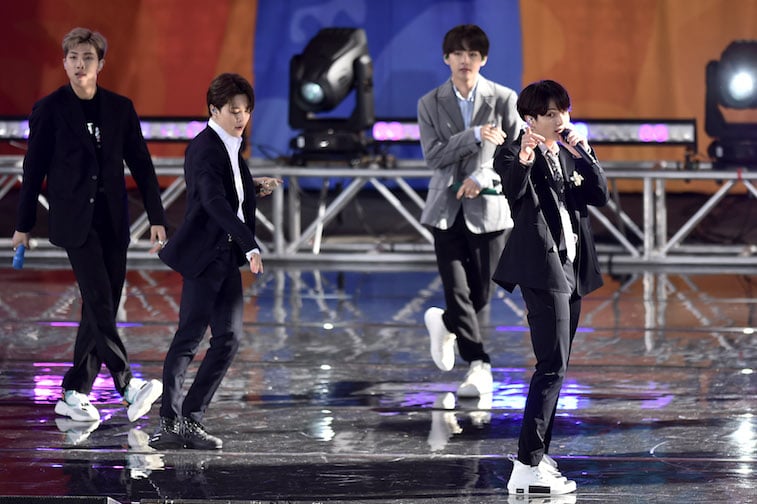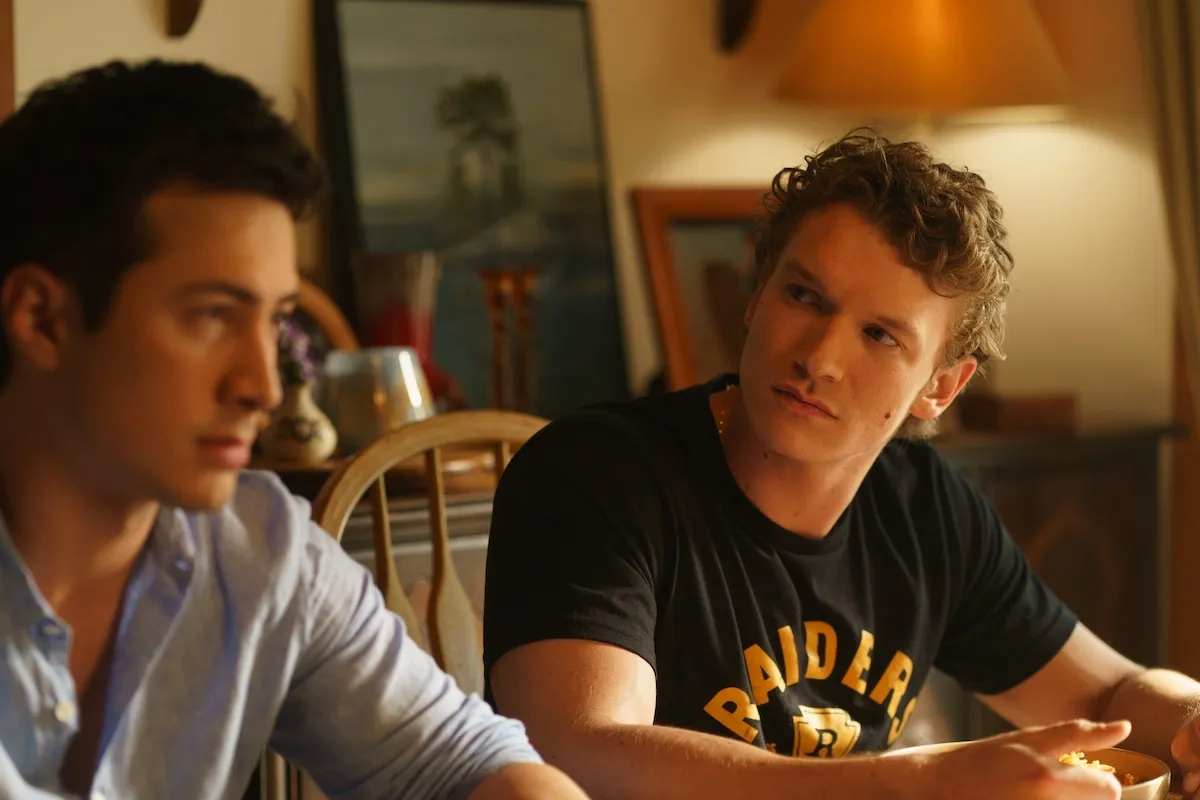Why BTS Thinks Copycat Groups Are Actually a Good Thing
If one can argue that pop stars in America look and sound alike, Korean K-Pop has now been imitated as much as pop and Hip-Hop stars in our country. For some here in the U.S., the only thing they know about K-Pop is BTS, mostly because they’ve (sort of) become a new Beatles.
In South Korea, however, there’s a lot of accusations of K-Pop bands copying one another.
From the perspective of BTS, they don’t seem to mind. Apparently they take the old adage imitation is the purest form of flattery.
The ironic reality here is many K-Pop groups borrow from a variety of places, including American pop bands.
The Korean government doesn’t want K-Pop groups to sue over copycats

Media analysts analyzing K-Pop bring up something not usually known here in the states: South Korea doesn’t promote the idea of K-Pop litigation.
Because there’s been an explosion in copycat groups trying to become the next BTS, K-Pop record labels and the Korean government have given up promoting any kind of suing.
As noted by Lee Gyu-tag, a professor of arts and science at George Mason University Korea:
“Korean music labels tend to believe that the emergence of copycats proves the pre-eminence of the original K-pop singers. Knock-off groups usually cannot beat out or replace K-pop artists in terms of music and other features. But their attempt to emulate shows that K-pop is their ‘reference’, leading people to think the genre is something of quality and original.”
BTS believes fans will stick with the originators since the group has already staked a claim in the media. At the same time, the copycats can still make money by promoting themselves through online channels like YouTube and countless other video services.
This sounds like a sensible plan for the Korean music industry. It also contrasts starkly from America where lawsuits are still piled high for plagiarism in the music business.
What’s most interesting is that other neighboring countries are delving into the K-Pop realms. A Japanese K-Pop boy band (Ballistik Boyz) has already received criticism for being nearly identical to BTS.
The push to increase the spotlight on Korean content
Before the K-Pop craze, interest in Korean music was merely niche here in the U.S. The exciting prospect of more people delving into Korean content is why the government there is telling bands to not pursue any legal battles with derivative music groups.
With the advent of this content being so easily watchable on YouTube and social media, it’s a big win for Korean creatives, including pumping money into their economy.
Even in the world of movies, South Korea has taken a big leap into America, with our populace realizing how great those films have been all along. Bong Joon-Ho’s Parasite winning Best Picture at the Oscars is now the prime example.
In the world of K-Pop, China, Japan, Thailand, Vietnam, and Indonesia have now started to delve into this music genre. Most to all look like BTS in some form or another, sometimes with the same amount of members.
Groups like BTS still aren’t worried about those imitators based not only on fan respect for the originators, but also because of limited economic expansion.
K-Pop copycats always give a nod to the artists they’re imitating
America has the musical concept of “tribute bands” where real musicians go on lengthy tours to imitate original members of defunct pop/rock groups or singular legends. Various tribute bands exist for The Beatles and ABBA as just two examples. Other times, tribute bands are working directly under an original name, hence frequent lawsuits if one of the original members are still living.
The above K-Pop copycats may fall a little under the “tribute band” category, despite all going under their own names. One good thing is most of them acknowledge they’re copying groups like BTS.
As a result, it simply provides more interest in fans checking out the originators the copycats are taking from.
Whether this becomes a trend in the American music industry is up in the air. It’s worth noting, though, how brilliant South Korea has been in the arts and how they deal with the legal sides of things as well as the creative.


